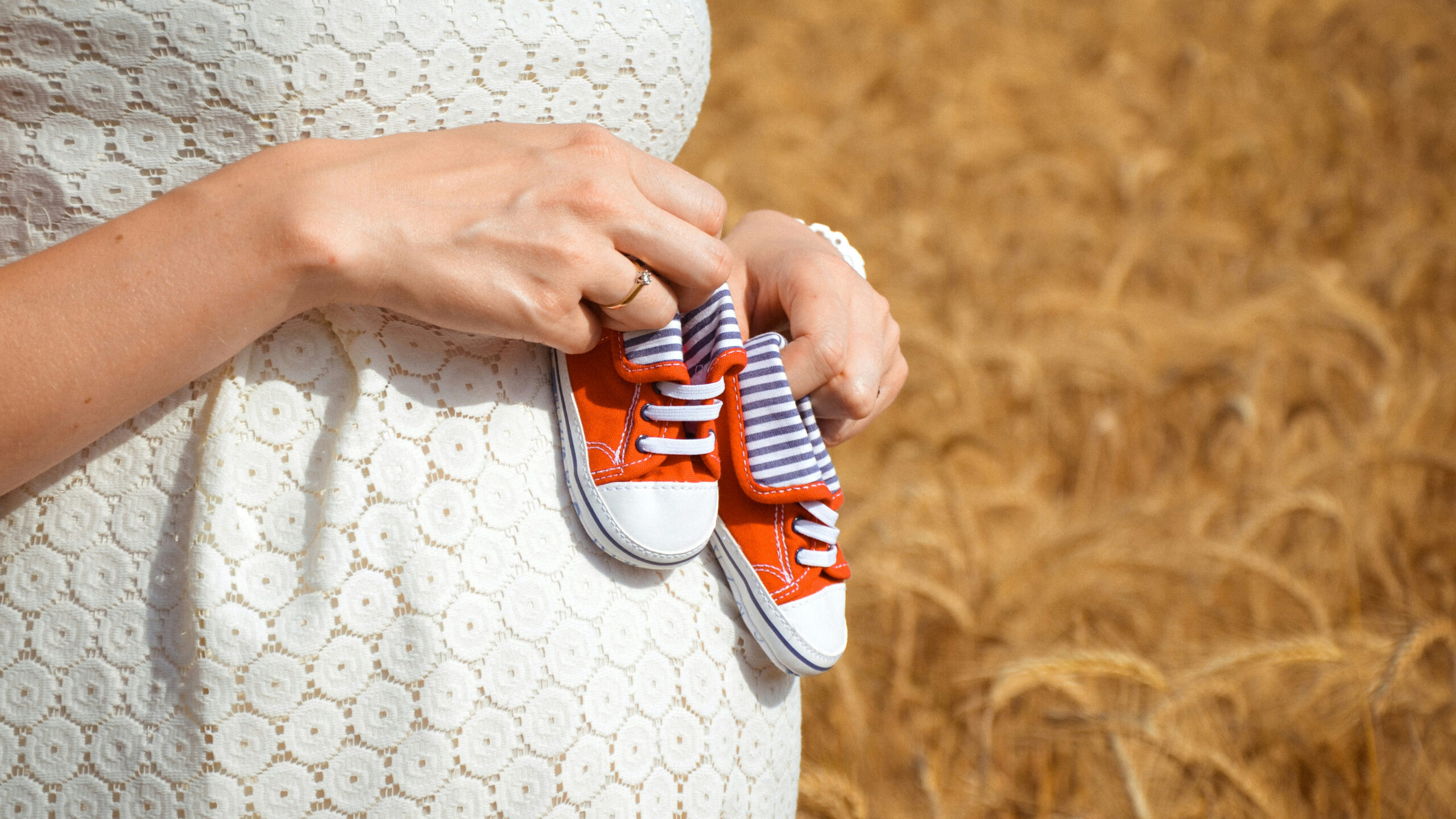Are you like me? I’m constantly bombarded with ads for adorable baby/toddler clothes and accessories on social media. Gosh are they cute, but just seeing the ad puts this question in my mind: wait, do I need that?! All of the sudden I went from not even considering something like baby walking shoes, to wondering, are they necessary?
I’m here to assure you, that despite the appeal, most of what you see advertised to you and your baby isn’t at all something you must have. And this goes for baby shoes. In fact, the opposite it true. Allowing your baby to learn to walk without wearing shoes has several benefits and is supported by various arguments from pediatricians, podiatrists, and child development experts. Here are some key arguments in favor of barefoot walking for infants:
1. Natural Foot Development:
- Muscle and Ligament Strength: Walking barefoot allows a baby’s feet to develop naturally, promoting the strength and flexibility of muscles and ligaments. Shoes can restrict the movement of these structures.
2. Enhanced Sensory Perception:
- Sensory Feedback: Bare feet provide sensory feedback crucial for balance and coordination. The nerve endings on the soles of the feet help babies better understand the ground they are walking on, improving their spatial awareness.
3. Improved Balance and Coordination:
- Balance Development: Going barefoot allows babies to engage the muscles in their feet, ankles, and legs, contributing to better balance and coordination. This is particularly important during the early stages of walking.
4. Toes and Foot Spread:
- Natural Toe Movement: Shoes with a stiff sole and constricted toe space can limit the natural spreading and movement of toes. Barefoot walking allows toes to spread, grip, and develop dexterity.
5. Prevention of Foot Deformities:
- Avoiding Deformities: Some experts argue that wearing shoes too early might contribute to foot deformities and alignment issues. Allowing a baby’s feet to develop without the constraints of shoes is believed to reduce the risk of such problems.
6. Proper Arch Formation:
- It Comes With Time: Babies are born with a soft cartilage structure in their feet that gradually turns into a more rigid arch. Allowing the arch to form naturally through barefoot walking is considered beneficial for proper foot development.
7. Encouraging Tactile Exploration:
- Exploration and Curiosity: Barefoot walking encourages babies to explore different textures and surfaces. The tactile experiences stimulate their senses and contribute to cognitive and motor skill development.
8. Reduced Risk of Trips and Falls:
- Improved Traction: Bare feet typically provide better traction and foot spread on various surfaces, potentially reducing the risk of slips, trips, and falls for new walkers.
9. Adaptation to Various Surfaces:
- Surface Adaptability: Walking barefoot helps babies adapt to different surfaces more effectively. They learn to adjust their gait based on the texture and hardness of the ground.
10. Promotion of Proper Gait:
- Natural Gait Development: Some experts argue that shoes can alter the natural gait of a child. Walking barefoot allows the development of a more natural, unencumbered walking pattern.
11. Increased Confidence:
- Building Confidence: Walking barefoot provides a sense of freedom and connection with the environment, potentially boosting a baby’s confidence as they explore and navigate their surroundings.
It’s important to note that while barefoot walking is generally encouraged, there may be situations where shoes are necessary for protection, such as when walking outdoors on rough or hot surfaces. In such cases, experts recommend using wide, flexible, soft-soled shoes that allow for natural movement. As always, parents should consult with pediatricians and healthcare professionals for personalized advice based on their child’s specific needs and circumstances.
<3 Coach Nina
w: understanding my baby.com
e: nina@understandingmybaby.com

